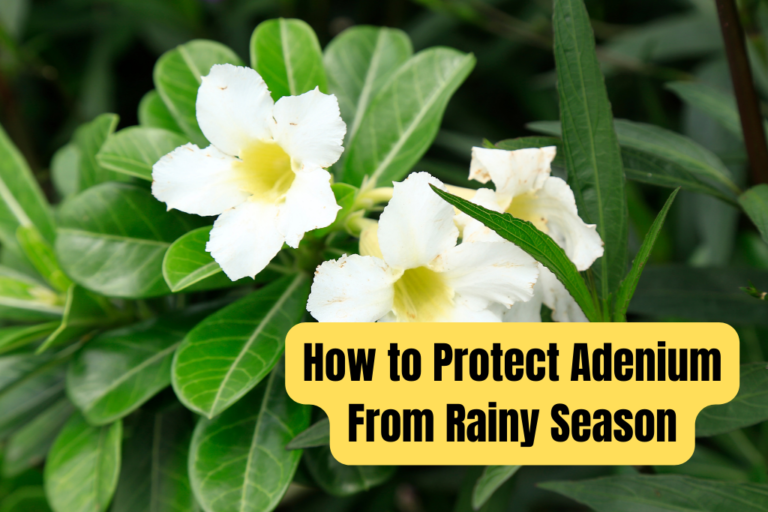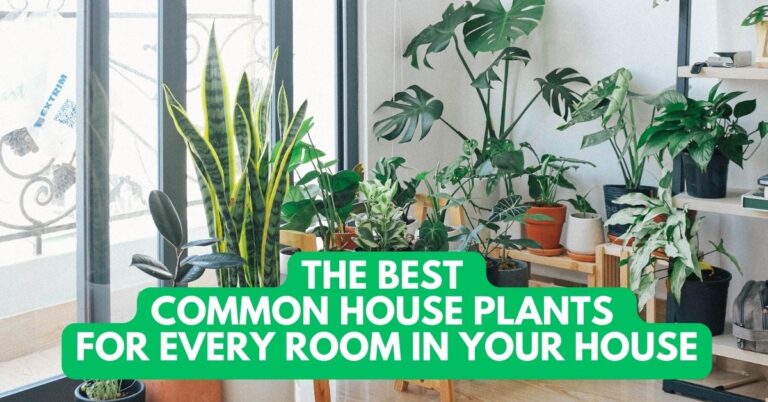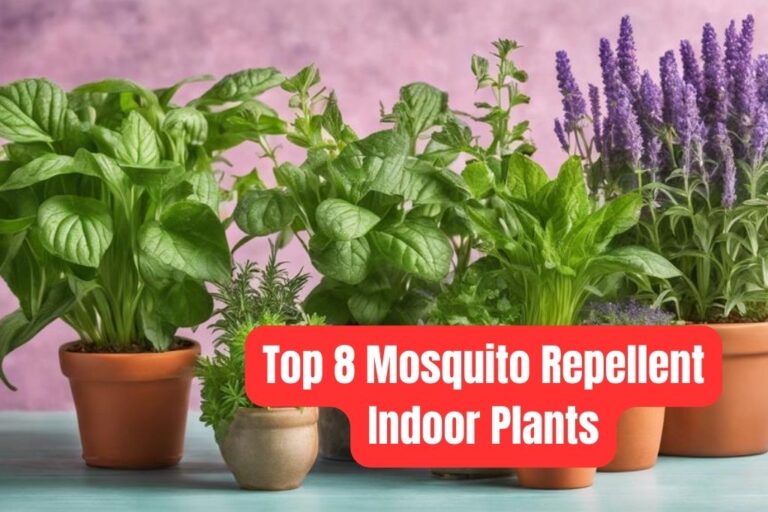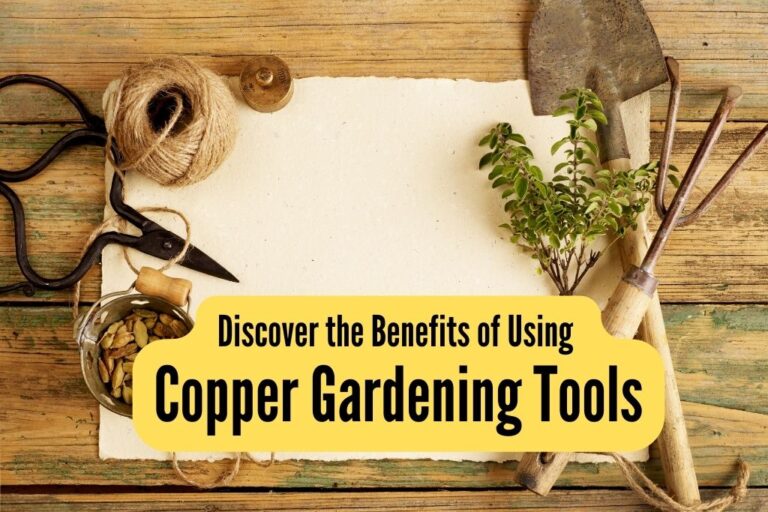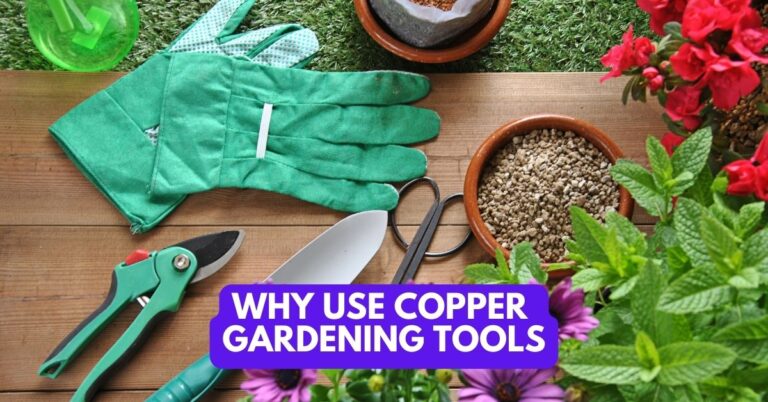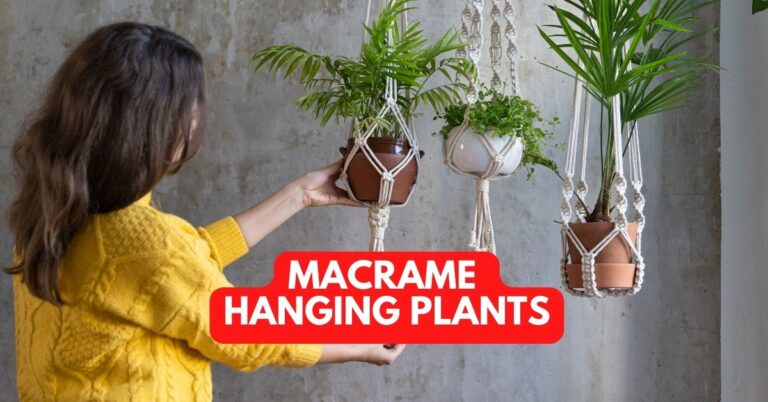Pros and Cons of Gardening: A Comprehensive Guide
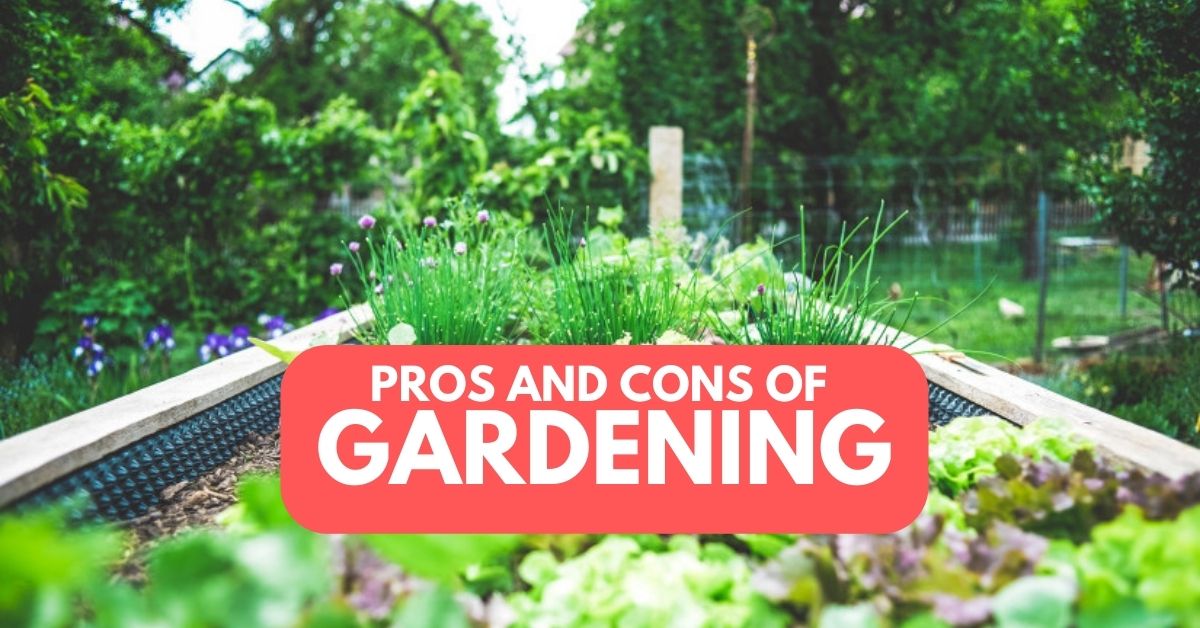
Gardening is one of the most popular hobbies in the world, but like any other activity, it has its advantages and disadvantages. While gardening can be a rewarding experience, it requires time, effort, and money. In this article, we’ll explore the pros and cons of gardening to help you decide if it’s the right hobby for you.
Table of Contents
- Introduction
- The Pros of Gardening
- Health Benefits
- Cost Savings
- Environmental Benefits
- Sense of Accomplishment
- Improved Mental Health
- The Cons of Gardening
- Time-Consuming
- Physical Demands
- Weather Constraints
- Pest Problems
- Cost of Supplies
- Conclusion
- FAQs
The Pros of Gardening
Health Benefits
Gardening has numerous health benefits that can improve your overall well-being. Spending time outdoors, getting fresh air and exercise, and working with plants can boost your mood and reduce stress. In addition, gardening can help you maintain a healthy weight and lower your risk of heart disease, stroke, and diabetes.
Cost Savings
Growing your own fruits, vegetables, and herbs can save you money on groceries. By producing your own food, you can also ensure that it’s fresh, organic, and free from harmful chemicals. Additionally, you can save money on landscaping and lawn maintenance by planting a garden instead of grass.
Environmental Benefits
Gardening has several environmental benefits. By planting trees, flowers, and other vegetation, you can improve air quality, reduce soil erosion, and provide habitats for wildlife. Additionally, growing your own food can reduce your carbon footprint by eliminating the need for transportation and packaging.
Sense of Accomplishment
Gardening can provide a sense of accomplishment and pride. Watching your plants grow and thrive can be rewarding, and harvesting your own food can give you a sense of self-sufficiency. In addition, gardening can be a creative outlet, allowing you to express yourself through design and landscaping.
Improved Mental Health
Gardening has been shown to have a positive impact on mental health. The physical activity involved in gardening can reduce symptoms of depression and anxiety. In addition, spending time in nature can improve your mood and reduce stress.
The Cons of Gardening
Time-Consuming
Gardening can be a time-consuming hobby. Depending on the size of your garden, it can require several hours of work each week, including watering, weeding, and pruning. In addition, planting and harvesting can require additional time and effort.
Physical Demands
Gardening can be physically demanding, especially for older adults or those with mobility issues. Digging, bending, and lifting can strain muscles and joints, leading to soreness or injury. Additionally, exposure to the sun can increase the risk of skin damage and dehydration.
Weather Constraints
Gardening is often subject to weather constraints. Extreme heat, cold, or drought can damage plants and require additional care or resources to protect them. Additionally, storms or other natural disasters can destroy crops and damage property.
Pest Problems
Gardening can attract pests and insects that can damage crops or plants. These pests can require additional time, effort, and resources to manage, including the use of pesticides or other chemicals that can be harmful to the environment.
Cost of Supplies
Gardening requires supplies and equipment, which can be costly. Seeds, fertilizer, soil, and tools can add up quickly, especially for larger gardens. Additionally, irrigation systems or other specialized equipment can require additional expenses.
Conclusion
Gardening has its pros and cons, and it’s up to you to decide whether it’s the right hobby for you. While gardening can provide numerous health benefits, cost savings, and a sense of accomplishment, it can also be time-consuming, physically demanding, and subject to weather and pest constraints. Before starting a garden, it’s important to weigh the pros and cons and determine if it’s a feasible and enjoyable activity for you.
FAQs
1. Is gardening expensive?
Gardening can be expensive, depending on the size of your garden and the supplies and equipment needed. However, growing your own food can save you money on groceries and landscaping expenses.
2. Can gardening improve mental health?
Yes, gardening has been shown to have a positive impact on mental health by reducing symptoms of depression and anxiety and improving mood and stress levels.
3. Can gardening be physically demanding?
Yes, gardening can be physically demanding, especially for older adults or those with mobility issues. It involves digging, bending, lifting, and exposure to the sun, which can strain muscles and joints and increase the risk of skin damage and dehydration.
4. Can gardening attract pests and insects?
Yes, gardening can attract pests and insects that can damage crops or plants. These pests can require additional time, effort, and resources to manage, including the use of pesticides or other chemicals that can be harmful to the environment.
5. Is gardening a sustainable activity?
Yes, gardening can be a sustainable activity that promotes environmental benefits, such as improving air quality, reducing soil erosion, and providing habitats for wildlife. Growing your own food can also reduce your carbon footprint and eliminate the need for transportation and packaging.

Hi there! My name is Aaron and I am a gardening expert from the United States. I have always had a passion for gardening and have been practicing it for years. I have gained extensive knowledge and experience in gardening.

